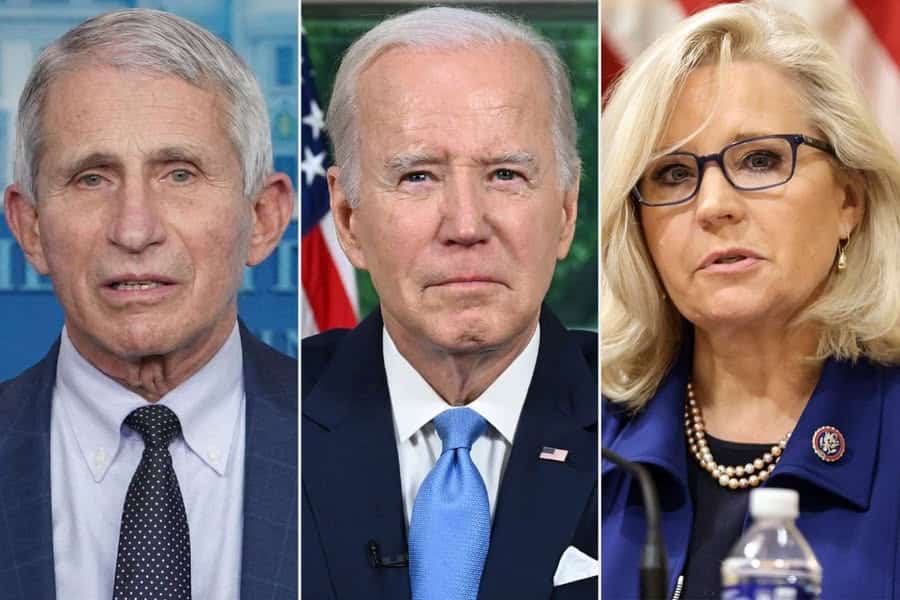In a dramatic conclusion to his presidency, Joe Biden issued a round of last-minute pardons to shield key allies, including former Republican Congresswoman Liz Cheney and Dr. Anthony Fauci, from potential retaliatory actions by the incoming Trump administration. While the move was seen as a preemptive measure to protect those targeted by the GOP’s political crosshairs, legal experts and critics have pointed out that the pardons come with notable limitations.
Biden’s pardons, which also extended to former Joint Chiefs of Staff Chairman Gen. Mark Milley and members of the January 6 Committee, sparked immediate debate. Critics, including prominent Trump allies, argued that the pardons would not shield recipients from testifying under oath if subpoenaed by a Republican-controlled Congress. Legal commentator Jesse Binnall highlighted that recipients could still face legal jeopardy if they committed perjury during any subsequent testimonies.
“The pardons are actually great news,” Binnall posted on X, formerly Twitter. “No one who was just pardoned will be able to refuse to testify in a civil, criminal, or congressional proceeding based upon the 5th Amendment.” He added that the real challenge would be ensuring fair proceedings outside of Washington, D.C., which he characterized as a “biased venue.”
Some critics, including retired U.S. Army officer and lawyer Kurt Schlichter, echoed Binnall’s concerns about the fairness of judicial outcomes in D.C. Schlichter proposed relocating depositions and testimonies to venues outside the capital, suggesting such a strategy could counteract perceived liberal bias.
Trump himself weighed in during his inaugural day activities, condemning Biden’s pardons and targeting Cheney in particular. “Liz Cheney is a disaster,” Trump told reporters from the Oval Office. “She’s a crying lunatic… and very, very guilty of bad crimes.”
Legal experts were quick to point out that presidential pardons are not without limits. In a detailed thread on X, former Arizona legislative candidate Josh Barnett explained that Biden’s pardons would only cover offenses explicitly named or understood at the time they were issued. Barnett suggested this left room for new charges, such as treason, if committed or discovered after the pardons were granted.
“A pardon typically grants forgiveness for a specific offense or set of offenses committed before the pardon was issued,” Barnett wrote. “If someone is found guilty of treason after receiving a pardon for previous crimes, the pardon does not extend to this new offense.”
The discussion surrounding Milley’s pardon added fuel to the controversy. Milley, who faced criticism from Trump after reportedly contacting his Chinese counterpart during the final days of Trump’s first term, has been accused by some conservatives of undermining national security. Milley’s pardon, critics argue, might shield him from certain actions but would not extend to allegations of treason if proven valid.
Biden’s final acts as president underscore the continuing polarization of American politics, as both Democrats and Republicans brace for escalating battles over accountability and governance. The pardons, far from resolving tensions, have set the stage for heightened scrutiny and legal maneuvers in the months ahead.





